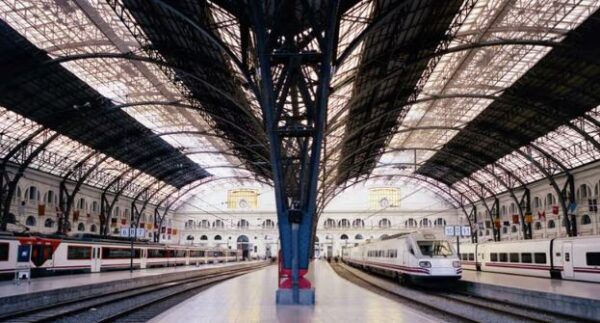Lifestyle
Railway connects Africa and Europe by train

Travelling by rail between Europe and Africa could become a reality in the next decade.
Spain and Morocco, two countries separated by just 29 kilometres of the narrow Strait of Gibraltar, are popular tourist destinations for Europeans. Many travellers take advantage of the opportunity to combine a holiday in Spanish resorts with a visit to Moroccan cities such as Casablanca or Fez.
Currently, the most frequently chosen means of transport on this route are plane and ship. However, if plans to build an underwater railway tunnel come to fruition, trains could become the preferred mode of transport on this route.
According to National Geographic, the idea of building a railway tunnel under the Strait of Gibraltar, connecting Europe with Africa, first appeared in 1979. The inspiration for this project was the Channel Tunnel, connecting Dover in Great Britain with Calais in France.
If plans to build a €6 billion tunnel come to fruition, the 27-kilometre underwater tunnel could connect Europe’s high-speed rail network with North Africa as early as 2030. However, this date is not accidental – in 2030, Spain, Portugal and Morocco will host FIFA World Cup.
The train journey between Madrid and Casablanca, currently taking around 5.5 hours, could become an attractive alternative to flights lasting almost two hours. The underwater tunnel would enable high-speed rail services, connecting existing Spanish railway lines with the Al Boraq route in Morocco, which opened in 2018, where trains run at 300 km/h.
The official investment costs are not yet known, but it is estimated that the construction of the underwater tunnel will cost over €6 billion. The Spanish government confirmed that the European Union will finance the project with €2.3 million.
This project is part of a broader trend of rail renaissance in Europe. More and more tourists are changing from planes and cars to trains, and the growing network of international connections and seasonal ticket promotions are making rail travel even more popular.
Trains, an ecological means of transport, play a key role in global efforts to slow climate change. In this situation, the underwater railway tunnel project between Spain and Morocco may become another step towards sustainable transport development






